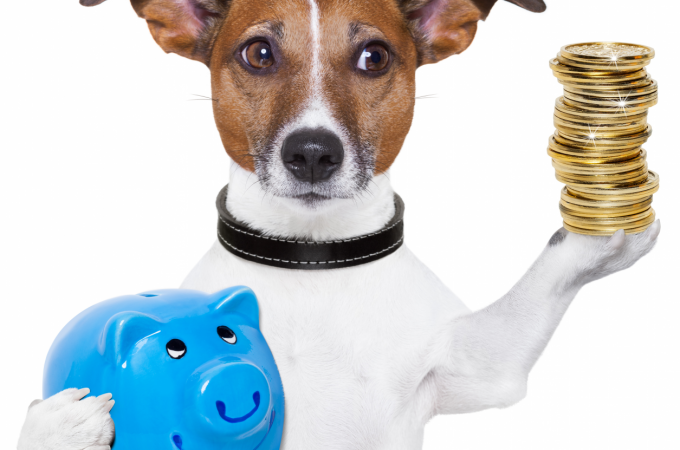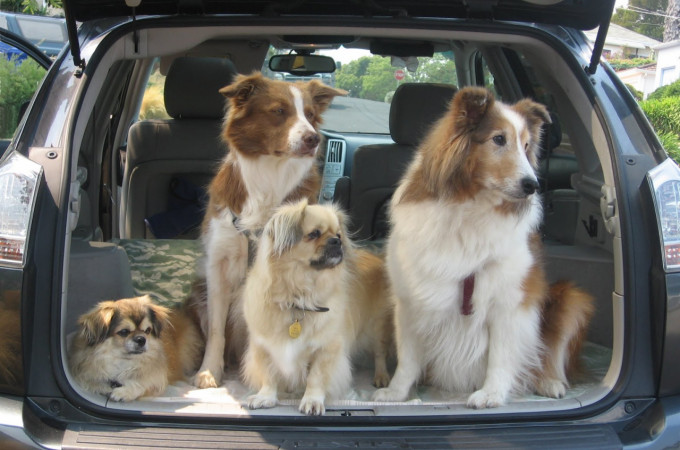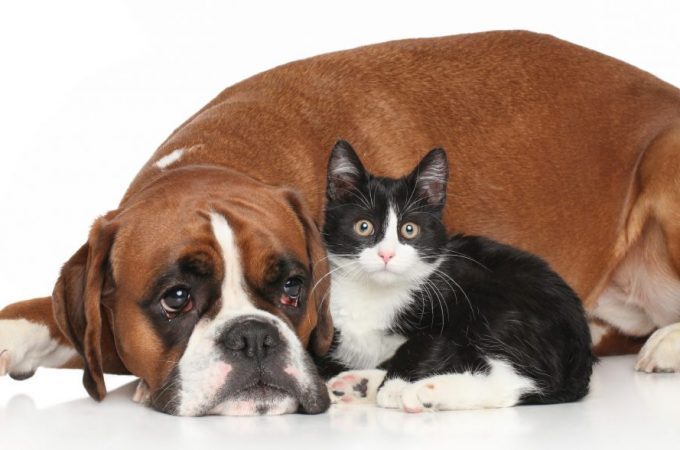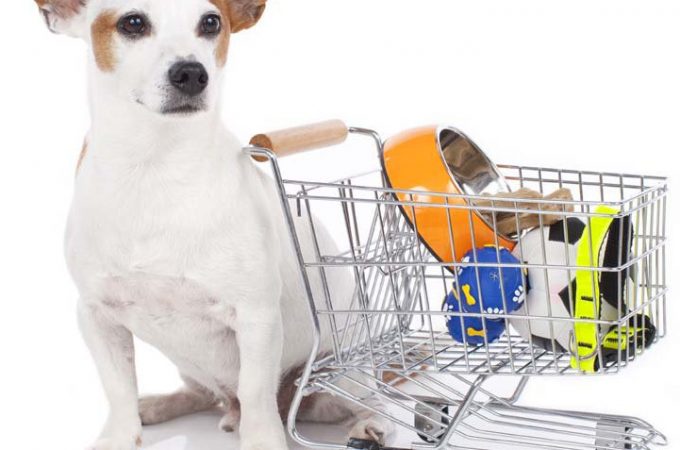Buying a puppy checklist – What you need to know
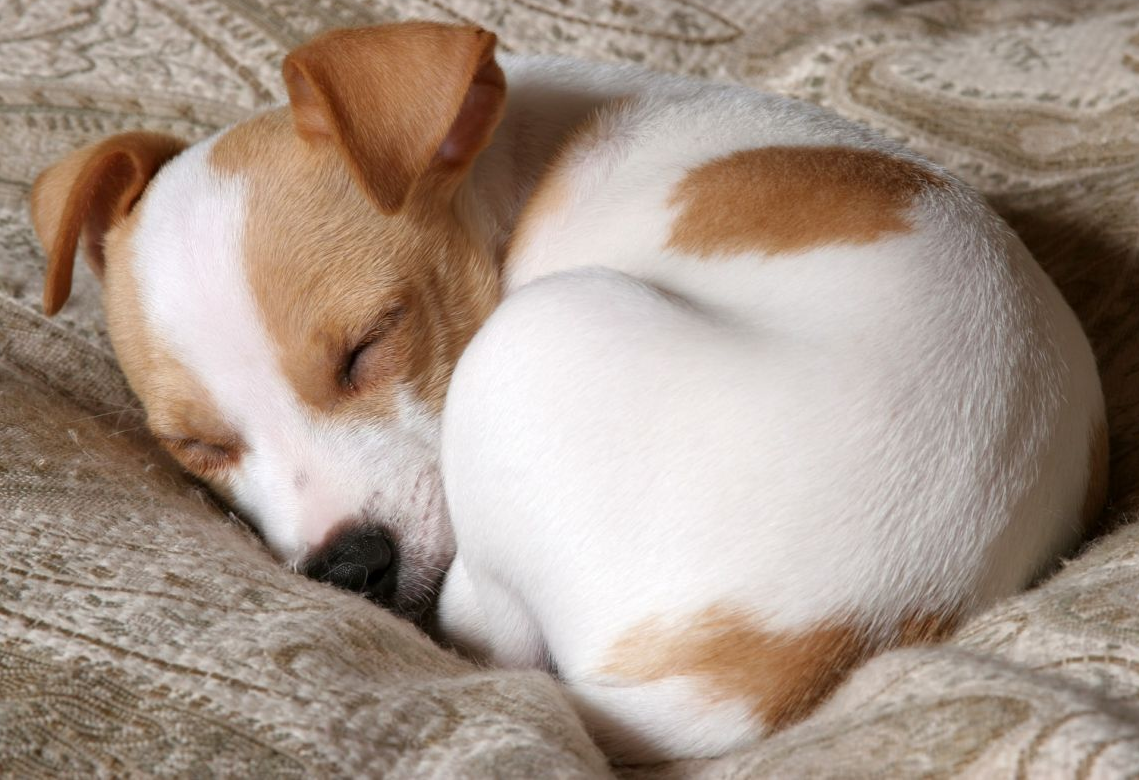
Table of Contents
So you want a dog and it has to be a puppy
Okay, so you want to get a dog and have decided it absolutely has to be a puppy. A puppy will without a shadow of a doubt, tip the scales on the cuteness factor. There is nothing else like it. Everyone will melt when they see it. What more could you want. You will see the puppy blossom into an adult dog. Well there are a number of things to consider when getting a puppy instead of an adult dog. But make no mistake, a puppy can be very challenging for a lot of people to cope with. So this is our buying a puppy checklist.
A puppy vs an adult dog
There are many things that differentiate a puppy from an adult dog as well as its age. You are taking on a dog from the very beginning. For some people this is all part of the fun of owning a puppy, and for others the novelty can soon wear off.
A puppy will be completely untrained. It will not know the difference between right and wrong. What it can and cannot do. What will please their owner and what will not. An adult dog will hopefully already be well trained when you take it on.
Of course an adult dog could be badly trained and this can be hard to undo. Some adult dogs might take more training to correct their issues and other adult dogs might take a lot more effort. If an adult dog has some bad habits, then these can be hard to undo.
So an advantage with a puppy if prepared to put the work in, is to train it properly and end up with a well behaved and obedient adult dog.
Next is a breakdown of all the stages of a puppy growing up. This is all mostly avoided if you go straight for an adult dog.
The stages of a puppy growing up
There are many stages to a puppy growing up and becoming an adult dog. Each stage requires different tactics and done properly to produce a well defined adult dog. These are the basic stages that you can expect.
Under 7 weeks old
This is a vital early stage for the puppy. They should not be sold or given away at this stage. And should be left with their mother to learn basic things in life. This will help them on how they act later on towards people and other dogs. The mother will teach them about bite inhibition, which is how they control their mouth.
If a puppy bites too hard when playing, the mother will let them know accordingly so that they can learn. A puppy will learn to restrain their nipping, to respect other dogs and to accept discipline.
A puppy that has been taken away from its mother before 7 weeks will normally have problems with other dogs because it missed those important early lessons from her. It may also be mouthy to people and not take discipline very well. So make sure the puppy has had its 7 full weeks with the mother.
7 to 12 weeks old
This is a prime learning period for puppies. Everything they experience or come into contact with, will make an impression on them. Its mind will be like a sponge and it will absorb everything going on around them. This can be good and it can also have its problems.
If you are around the puppy for the whole time in this period and spend most of this time indoors, then this is good and the puppy will learn a lot from you and it will turn into a confident, socialised and well behaved dog.
But if the puppy is left alone a lot in this period, or is kept outside or alone in a room, then they could start learning things like whining and barking and also chewing and digging. Basically doing whatever they want when they want. A puppy that learns things like this will be hard to undo later on.
This stage of a puppy will be a very immature stage. They will chew, shred and try and eat anything they can. It will not understand danger, run around in your way and fall off of high things. They might run towards an aggressive dog, get in the way of other people and things.
They will need constant supervision and you will need to be constantly checking for dangers that they may not realise.
At this age, they will pay little attention to commands you may give them and they might respond better to sounds. Their attention span will be very short. It will not know that your commands will have any meaning.
This is also a stage where its bodily functions are still developing. They might have interrupted sleep patterns because of its metabolism and digestive system. During the day, they will have trouble controlling their bowels or bladder for more than a few hours. So this is an important stage to try and get the puppy started on using a special area for bathroom duties. This can be a slow stage to get through, but very important.
A 7 week old puppy is very different to a 12 week old puppy. A week 7 old puppy will be very immature with weak vision that do not focus or track very well. They may not see toys and things that they play with very well. So they can lose interest and wander away. Their attention span for doing something can sometimes only last a few minutes.
At 8 – 10 weeks, they are getting more developed, physically and emotionally. And they should be paying more attention to you now.
At 11 – 12 weeks, they are better developed. This is a very good age to acquire a puppy and brought home.
3 to 4 months old
This is another very good age to acquire a puppy. They are very active and playful and are at a stage where they can learn basic commands and things like their name.
This can also be a problem age, where they can be testing you and seeing who is actually in charge. They can be problematic when trying to walk them or getting into daily routines. This is all normal and just a leaning stage for the puppy.
Once they find out who is in control, then they will change and respond properly and will be happy for you to be telling them what to do and its daily routines. Some puppies can be more problematic than others at this stage. But it is important that you let the puppy know in a nice way, that you are in charge.
They will accept your leadership and their skills to accept training will blossom.
4 to 8 months old
At this age, they should be very enthusiastic and playful, but can be a little complicated to handle. They might want to be more independent and can be a problem when you call them or want them to do something. Being mischievous will be something that can happen. It is important to nip this in the bud, before the puppy thinks this is normal to act this way.
A puppy should never be trying to lead you at this stage. You should be the one in control with the puppy accepting what you are teaching it. Outside, the puppy should never be off its lead, unless it is in a confided garden area. And they should never be left unattended outside in this period.
This is the age to start working on commands that the puppy will need to learn and act on. This is a very important stage for the puppy to learn.
8 to 24 months old
This is the final stage for the puppy becoming an adult dog. It is also what is the most challenging age of a puppy. This is like the teenage years of a child. The adolescent period. Different breeds can start this period at different times, but this is roughly when it will happen. This can be either a quick not too troublesome period, or it can take longer and be quite problematic.
Their appearance will be quite settled at this age and you will get a good idea of what they will look like as an adult. At this age they should definitely be learning commands for training and be confident with things like being house trained, walking on a lead, meeting other people and dogs.
At this age, they will be past their cute small puppy stage. They are developing into an adult. For a small size breed it will be at about 12 months, a medium size breed will be about 18 months and a large size breed will be about 24 months.
Their body will grow rapidly and disproportionately. They can sometimes look like they are all legs, which are growing faster than the rest of them. This is a bit like teenage humans, where their growth can spurt and they can be quite gawky and awkward.
Also their hormones will start and they will experience the physical and emotional problems of adolescence. They can be quite boisterous and charging around the house and making a final push to see if they can become the leader over the owner. It is important for the dog to not get this impression and to know that you are always in control.
They might get unpredictable and things that they were doing fine before, are starting to become weird. They may bark and things and people. Make funny sounds. Shy away from things they have seen and been comfortable with before.
This is all very normal and just a stage you will need to get them through. This final stage will carve out what the dog will be like as an adult. If the puppy has had good training right from the start, then this adolescence stage should come and go with hopefully little drama.
If the puppy has not had proper ownership in the early stages, then this adolescence stage could bring on new permanent traits that are not so good. A poor early start can catch up with a puppy in this period. This is why the early stages are very important, because some things cannot be undone later on.
You must continue to train and socialise your dog. They will have increased energy, and you must channel this into lots of exercise and playing outdoor games. But outdoor exercise should be natural and it should always be fun for the dog.
They will need lots of companionship at this stage and leaving them alone a lot at this stage can cause all sorts of problems and learning bad habits that will be hard to undo. The training must continue regardless of how the dog is behaving in this period. You must never give up on them.
What breed of puppy to get?
When you first get your puppy, it will be tiny and it will grow rapidly. Some dog breeds become an adult at 1 year old and some are closer to 2 years old. One thing to consider is that puppies are small, but when they grow up, they can either still be a small dog or they could be a big dog. And a big dog might not suit your size of home.
So some thought on what breed of puppy to get. Different breeds are more suited to different people, home environments and lifestyles. This is very important to consider. Making the wrong choice will end up with you having a dog that is too much to take on, or incompatible with your home and life.
Check out our articles on Popular UK dog breeds and First time dog breeds. Also you need to be sure that if you have children, especially young children or toddlers, then the breed you choose will be compatible with them. Check out our article on Dogs with children.
Things you must do when you get your puppy
When you get your puppy, there are a number of very important things that you must do. This will ensure you have a healthy puppy that will continue to be healthy into adult life.
Visit the vet. A microchip implant check, and one implanted if it is not found. Its initial and ongoing health checks to make sure it is going to be okay. A physical examination to check the puppy is fit and healthy. Vaccinations to protect the puppy from different things. Feeding requirements discussed, along with neutering, worming, and pet insurance. Get your puppy used to going to the vets. This will initially be quite a lot and then tailing off to an annual health check afterwards.
Pet insurance. This is important if you want cover for vet bills. There are lots of different options with pet insurance, and also the breed can affect the policy. Shopping around is well advised to make sure you get the best deal and coverage.
Feeding. Some breeds of puppies might need special dietary requirements in their early years. Puppies will also require different amounts of food as they are growing up into an adult dog.
Training. When the puppy is 7 weeks old, training can commence. This is very important and will instil good behaviour and obedience into the puppy. Discussed in more detail above.
Accessories. Purchasing all the correct accessories before the puppy arrives home. See further down for more details on this. Toys to chew on are very important.
Where to get a puppy from?
This is a very important part of getting your puppy, and not considered lightly. Please read this very carefully to fully understand the different options.
Dog rescue centres
Our preferred place to get a dog from is always going to be from a dog rescue centre. But at a dog rescue centre, you are more likely to get an adult dog than a puppy. They do get puppies, but they are less often and you might be waiting a while for one, or travelling a longer distance to a centre that does have one. But please check them first before moving onto other options. Check out our article on Dog rescue centres.
Pet shops
This is really frowned upon these days to get a puppy from a pet shop. If they are in a cage all day in a shop, then they are missing out on their vital early learning stages and this will create a puppy and eventually an adult dog that will have bad behavioural problems and traits.
Pet shops are slowly evolving in the UK and are changing to places to buy pet accessories, food, etc and not about purchasing actual animals. However, there are still pet shops selling animals, and this is definitely not a good way to get one. They get their puppies from breeders and a good breeder would never let a puppy leave its mother in the early stages. So basically they will come from bad breeders.
Dog breeders
There are lots of dog breeders that will have lots of puppies for sale, but if you are going to go down this route, then you must choose a dog breeder very carefully. There are many breeders that are in it just for the money and have not love for the dogs. They keep them in appalling conditions and often very ill when sold to the new owners.
What to look for in a good dog breeder.
- Should have loads of information on the puppy.
- They should not have too many puppies and have a waiting list before you can get one.
- Want you to meet the puppy before buying it.
- Are kept in a clean and safe environment with their mother.
- Will ask you lots of questions about you and why you want a puppy.
- Will expect you to ask lots of questions about getting a puppy.
- Give details of the vet who has checked over the puppy and you can check with the vet.
- They will take the puppy back if there are any problems.
- Will keep in touch with you after the sale.
- The puppy will be microchip implanted before you buy it, which is a legal requirement.
- The puppy and mother are happy with their environment.
- They wont let you take the puppy home before 7 weeks so it can stay with its mother.
- Encourage you to look at other puppies from the litter as well.
- They should talk about their basic training they should be doing with the puppy.
- Evidence of health tests done from the vet.
- Provide pet insurance for the first few weeks of ownership.
Warning signs of a bad dog breeder.
- Any of the above things not done will be a good start to them not being a very good breeder.
- Makes excuses why the puppy is not with the mother, or not being able to see the mother at all.
- Will not meet you at their premises and will want to meet in a public place.
- You should be able to see the puppy and mother on any visit you make.
- It has a pet passport. This can mean it has been bred abroad and has travelled to the UK.
- Cannot provide proof of any vet examinations, vaccinations, health checks, etc.
- No vet contact details.
- Not microchip implanted.
Buying a puppy checklist
If you are definitely thinking about getting a puppy, then there are lots of things to consider about you, your home, your family and your lifestyle. These are very important things and bringing a puppy or adult dog into the wrong environment will be a bad experience for you and the dog. Check out our article on Your first dog.
You will need to purchase some items to be ready for it. Purchase these items before the puppy comes home, so you are not rushing around buying things when it arrives.
Leads. You may or may not get a lead with the puppy, but it will probably just be a basic one to get you started. It is best to purchase one or two leads that are of a better quality and will last much longer. You can find Leads on Amazon.
Collars. Like leads above, the puppy might come with a collar, but you will probably want to get one or two better quality ones for long term use. You can find Collars on Amazon.
Bed. Your puppy will need somewhere to sleep, so it is best to get a bed of some sort. You can get a custom dog bed, or a selection of blankets to sleep on. You can find Beds on Amazon.
Toys. It is good to get some initial toys for the puppy to play with. Until you get the puppy home, you will not really know what toys it will like. So the initial toys might not go down too well. It will just be trial and error to determine what the puppy likes the best. Definitely get toys that the puppy can chew on, and this will discourage them from chewing things in your house. You can find Toys on Amazon.
Balls. When you go out for walks and visit some parks, a ball is a great way for your puppy to get exercise and play at the same time. Dogs enjoy tennis balls and even small footballs. And there are ball throwers that can throw the ball much further away to give your dog a good run to fetch it. You can find Balls on Amazon.
Blankets. As mentioned above with the bed, it is good to get some blankets for your puppy to lay on when needed. You can find Blankets on Amazon.
Food and water bowls. Bowls for water and food are important from day one. Make sure you have these as you will be feeding your puppy from the off. You may have to experiment with different types of bowls, but you should be okay with whatever you get. You can find Bowls on Amazon.
Food. As mentioned above, you will need to have food ready for your puppy to eat. Like other things above, this will be trial and error and what you initially purchase may not go down too well. Everyone has their favourite food and dogs are no exception. Trial and error will soon work out what your puppy likes the best. You can find Food on Amazon.
Car guard. If you have a car with a rear compartment like an estate, then a good quality dog guard is a must. This will allow you to transport the puppy around in the back of your car without it getting into the passenger compartment and causing distractions, etc while you are driving. This is also a nicer way to transport your puppy on a long journey than being inside a dog box. You can find Car Guards on Amazon.
Transportation box. Even though you might have a car with a decent back space and a dog guard, it is still advisable to get a dog box for transportation. This is useful for visits to the vets, etc, where taking it in on a lead is not so practical. You can find Transportation Boxes on Amazon.
Conclusion
So there you have it. What it entails to bring up a puppy. Do you still fancy doing it? It will require lots of your time all day long and will need dedication and persistence to make sure everything is correct. Some people are better at coping with this than others. If you have a busy life or work schedule, then bringing up a puppy could well be not for you.
Not having the time to spend with it and train it will not create a good adult dog. For an adult dog to be well behaved and accept your commands will take time and dedication from you the owner.
A puppy can be destructive around the home and you must be prepared to accept this. It is not the fault of the puppy and just how they grow up. How you handle these situations will dictate how the puppy grows up.
When you see dogs out and about that are just running riot with their owners barely in control, then this is a sure sign that the dog has not been trained correctly in the puppy stages. This is not a nice thing to do to a dog and it will be unruly for the rest of its life. Bad upbringing and training can be very hard to undo.
So this is why getting an adult dog might be preferable over a puppy, because all the hard work has been done and it will be hopefully trained very well.
A puppy may sound ideal and really cute, but you must only get one if prepared to put in the work. Otherwise just get an adult dog.

